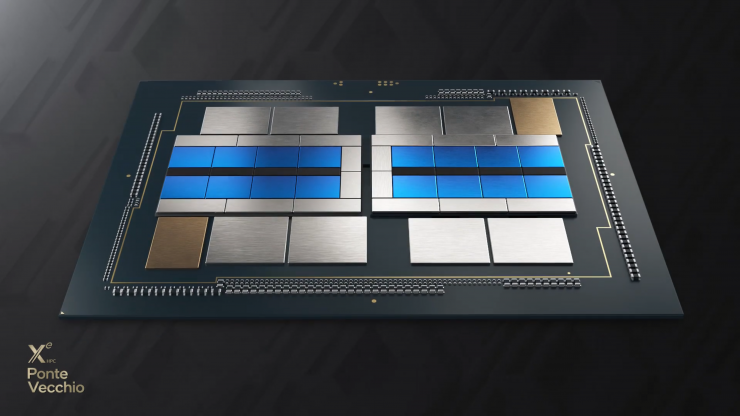I remember when Internet Explorer had 94% marketshare. Everyone wants to topple the king. Competition is a great thing.
I used to know an EE who did work for Intel and he was an incredible fanboy of the company and then he got disillusioned with the company as they had misstep after misstep and they got into a lot of stuff that had nothing to do with engineering. I think that this was around 2008-2012. I don't know what happened to him but he was pretty angry with the direction of the company back then. Intel had the world and they let it slip away. It's still theirs to lose though. I've seen it happen with a lot of tech companies.
Exactly. Things change. That’s why all these predictions based on status quo are nonsensical. It was not long ago that x86 has entered the server space and it took it a while to dominate it. What we are seeming now is that people who don’t need x86 compatibility start migrating to ARM. It doesn’t really seem like x86 has much answer either. Intel can do their little dance with big little architecture and pretend it’s a great win but their fast cores are still inefficient.



